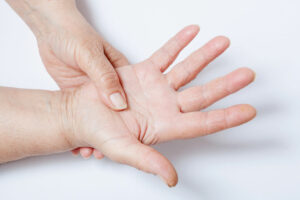Bleeding disorders can be quite dangerous and can lead to fatal consequences if neglected. In some instances, such as those with hemophilia, it is vital to know about the right diagnosis and treatment options available to ensure one’s safety and prevent accidents from occurring. This article discusses some tips on keeping a check on the symptoms of a bleeding disorder. These tips help manage the condition daily and prevent complications.
Tips to prevent complications from a bleeding disorder
Frequent check-ups
It is vital to get frequent check-ups done every year, including checking the joints, muscles, and bones. Physical therapy is necessary to prevent any joint pain, and consider visiting a dentist every six months to a year. Get X-rays of the joints to eliminate any other hidden complications.
Blood tests
Getting a factor level check every once in a while is advisable as it will help with blood clotting function. Ensure to check for inhibitors as well, which can be done every year. Liver tests, complete blood count, and an immune system check are essential to ensure all the vitals are good. Additionally, check for Hepatitis A, B, and C, and if you aren’t vaccinated yet, get the vaccine if the results are negative.
Education and awareness
Staying aware of the preventive measures and educating those around you regarding bleeding disorders is another step in ensuring mishaps are kept to a minimum. Staying informed about basic treatment options and products as prescribed by the doctors, keeping factor at home during emergencies, maintaining dental hygiene, planning your medical insurance and finances to ensure treatments can be availed, and also keeping the family informed are some of the measures to be taken.
While traveling, it is important to ensure that the doctor’s note, diagnosis, and treatment procedure are charted in the documents you carry to ensure the health professional in charge knows what to do in the case of an emergency.
Miscellaneous tips
Regular activity and exercise are important to keep the joints and muscles from stiffening up.
Since dental hygiene is vital, flossing and brushing your teeth carefully at least twice a day is advised.
Maintaining an ideal weight is also essential as the excess weight can cause joint pain.
Keeping a treatment calendar can be handy, especially if there are overlapping commitments.

















